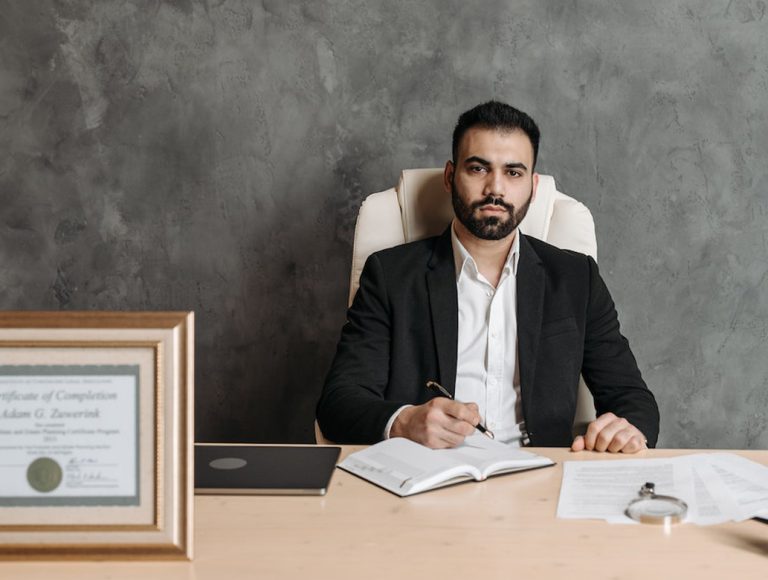“I’M NOT FILING BK ON MY CAR (OR OTHER SPECIFIC DEBT).”
Many times clients will say to their attorney (or others) that they are not “filing bankruptcy” on a particular debt; they incorrectly believe that if they don’t list the debt they can keep the asset (like a car or house), or keep the credit line open (on a specific credit card). This is inaccurate because when you file bankruptcy, you must list all your debts – all of them; there’s no picking and choosing.
Just because a secured debt is listed, however, it does not mean that you automatically lose your property securing that debt. You must first look at how much equity you may have in the property. You are allowed to exempt a certain amount of equity in various types of property. Equity is the amount left over after subtracting liens securing the debt from the value of the collateral. (For example, if your car is worth $8,000 and you owe $5,000 on it, you have $3,000 in equity.) Furthermore, if you have no equity in the property, like when your car is worth less than what you owe on it, the trustee will not be interested in taking and selling the property – there will be no money available for creditors; and, as long as you keep making the monthly payments and keep the car insured, you’ll typically be able to keep your car.
“Darren DiMarco offered a comfortable initial meeting on a difficult issue of bankruptcy. His experience and relaxed tone put me at ease and I instantly felt I was in good hands for my financial restructuring. Call him, if just for peace of mind.”
David M.
Sometimes a client wants to keep a credit card out of bankruptcy so that they will have some credit available in the future. Once a client learns that they must list all debts owed on the date of the bankruptcy filing, they sometimes suggest that they will try to pay the balance down to zero before filing. Besides the rules relating to (and against) payments made to unsecured creditors shortly before filing, the client will probably not get what they were hoping for since almost all credit card companies will close the account anyway – even if nothing is owed to that creditor. So, money spent (shortly before filing) to pay a credit card off may be totally wasted when it was the client’s goal to have credit available right after their bankruptcy discharge.
Other clients may wish to not list a debt owed to a family member – usually because they aren’t planning on a discharge of that debt. But again, all debts must be listed in your bankruptcy petition and schedules. Remember, however, nothing prohibits you from voluntarily repaying a creditor after bankruptcy.
The experienced bankruptcy attorneys at DiMarco Warshaw, A Professional Law Corporationstart with a free evaluation. We’ll go over your situation and provide our assessment on your best options and how we can help you.
Schedule your free evaluation with an attorney here: https://calendly.com/dimarcowarshaw/20min or call us directly at 888-890-5474.





